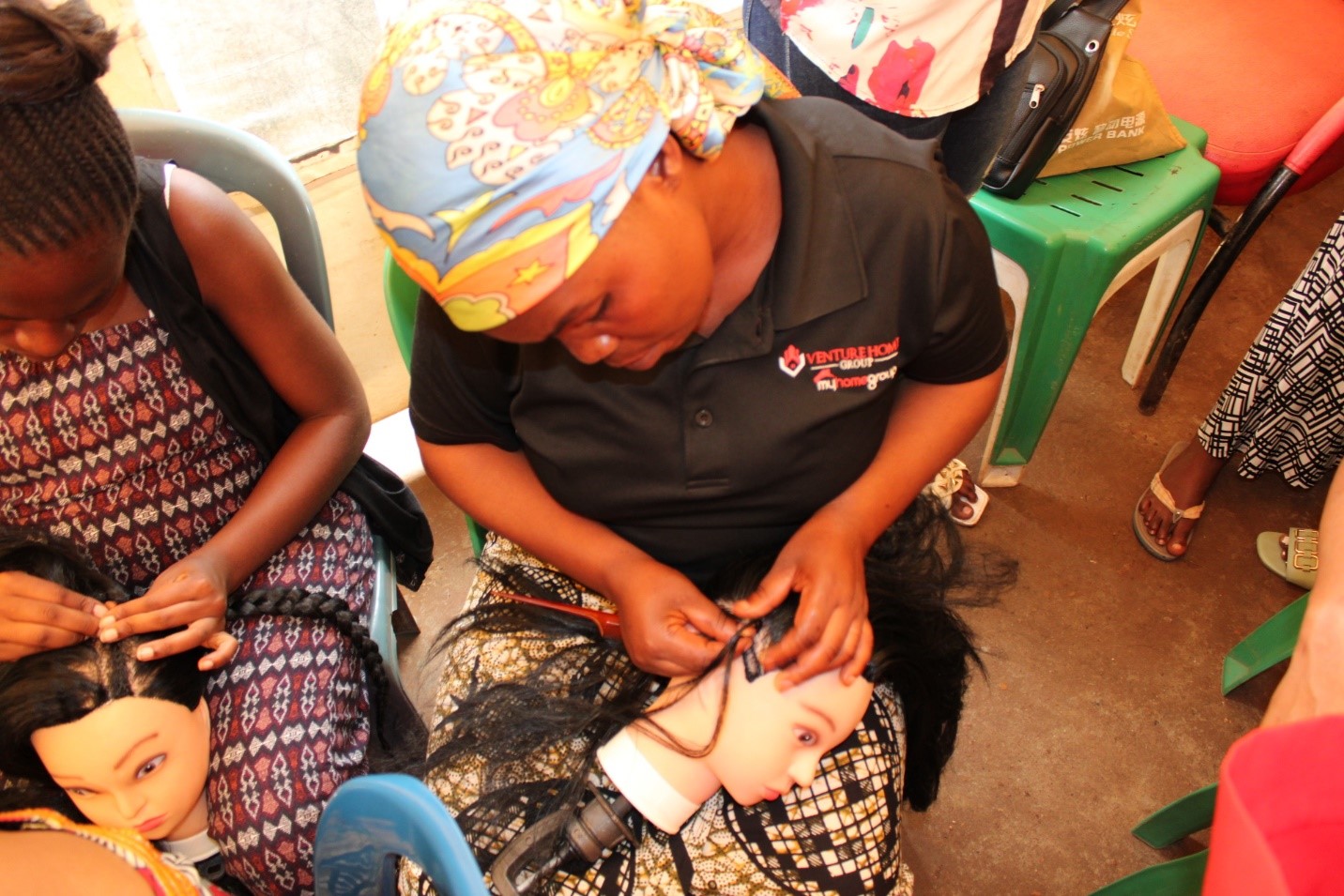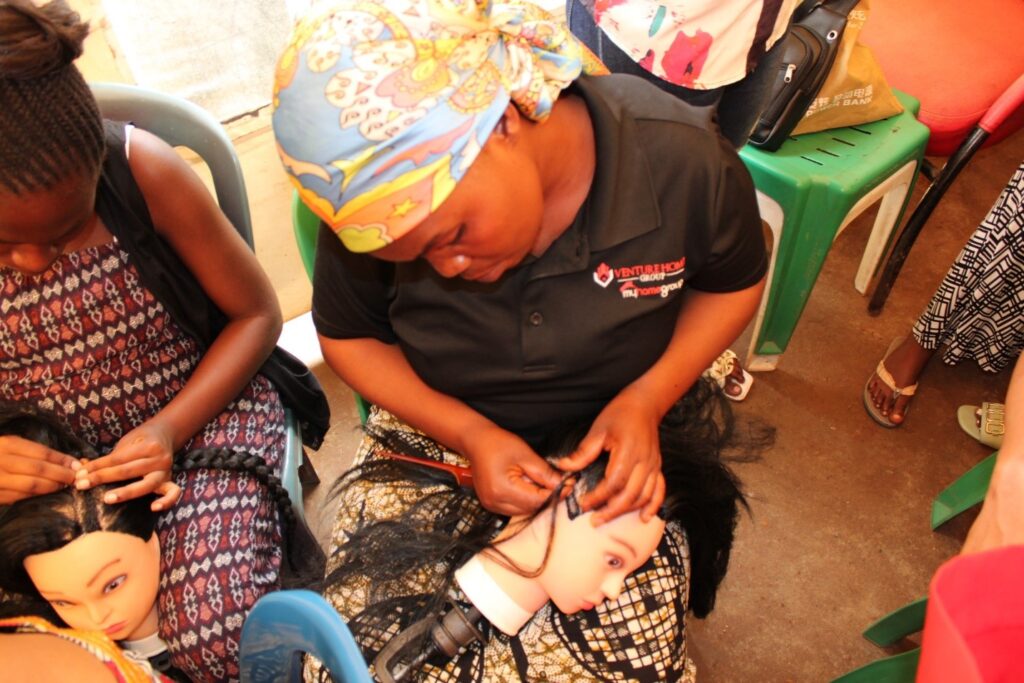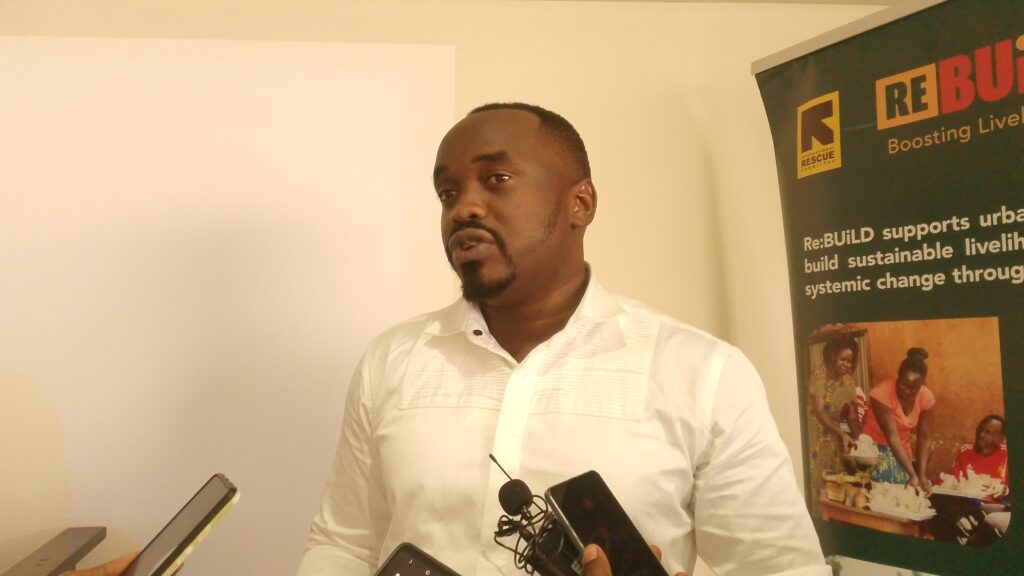
 Mama FM
Mama FM

 Mama FM
Mama FM
8 July 2025, 4:46 pm

By Byamukama Alozious
The International Rescue Committee’s (IRC) Re:BUILD programme has launched a regional campaign aimed at addressing the critical issue of refugee documentation across East Africa. In collaboration with partners and regional stakeholders, the campaign seeks to improve refugees’ access to identification documents within the East African Community (EAC).
Globally, nearly 100 million people are displaced, with the majority gravitating towards cities in search of economic opportunities. However, these prospects often remain inaccessible to refugees and other vulnerable urban residents. As a result, many urban refugees struggle to build sustainable livelihoods and attain long-term self-reliance.
Speaking at the campaign launch in Kampala on 8 July 2025, Moses Okot, the advocacy manager Re:BUiLD Uganda highlighted the challenges refugees face in urban areas, particularly in Kampala, due to lack of documentation. He noted that this significantly restricts their ability to engage in income-generating activities. Okot also pointed out that the high cost of official travel documents—such as the UGX 220,000 required for refugees to travel abroad—is unaffordable for many.”A refugee to travel to Kenya or Tanzania will need atleast 50USD” He said

Daniel Kaseregenyi, Deputy in charge of Gender at Kampala Capital City Authority (KCCA), revealed that Kampala is home to over 150,000 refugees, contributing to the national total of 1.8 million. He noted that the International Rescue Committee (IRC) is working in partnership with KCCA to address the economic inequalities faced by refugees living in urban settings.
Moses Odokonyero, Senior programe manager Re:BUILD Uganda, stressed that the ongoing documentation campaign seeks to empower refugees to harness their skills for economic benefit both personal and national. Launched in 2021 with funding from the IKEA Foundation, the Re:BUILD programme is providing practical solutions and generating evidence through innovation and tailored responses to the needs of urban refugees.
Since its inception, Re:BUILD has delivered livelihood services to 7,529 clients in Kampala and Nairobi, including 3,981 refugees and 3,548 nationals.
According to Irene Shiundu, Re:BUILD Public Engagement and Advocacy Coordinator, “Documentation is not just a piece of paper; it is the gateway to dignity, rights, services, and self-reliance.”